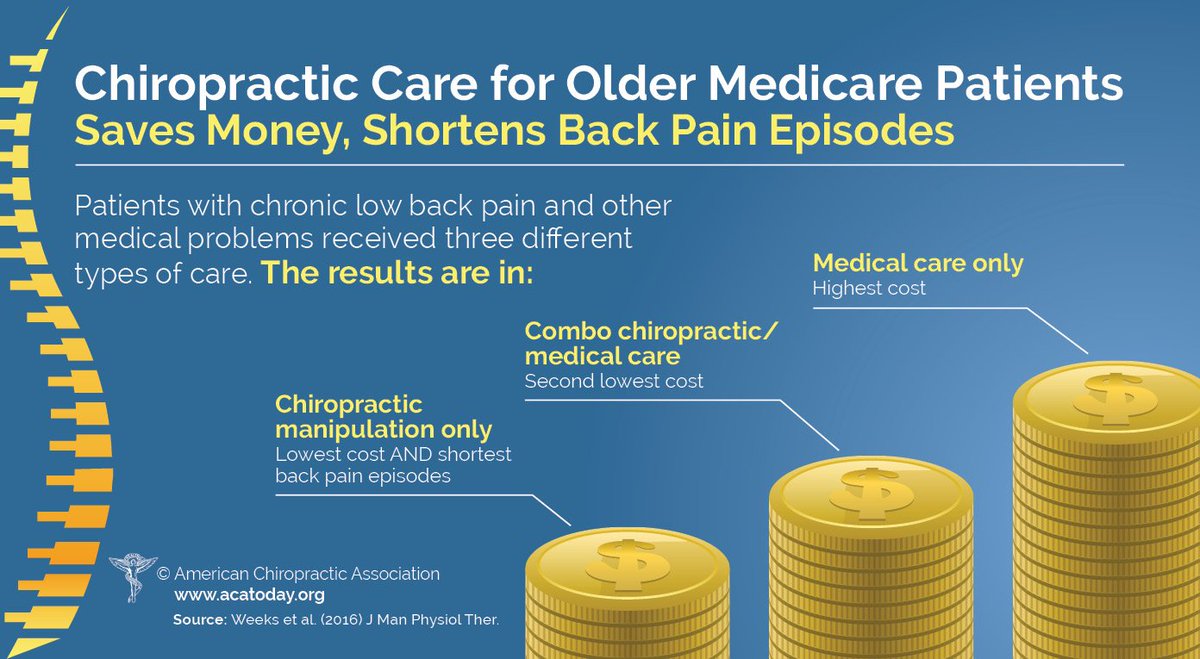Recognizing Nutrition'S Function In Pain In The Back Monitoring: Beneficial Foods And Foods To Avoid
Recognizing Nutrition'S Function In Pain In The Back Monitoring: Beneficial Foods And Foods To Avoid
Blog Article
Material By-Locklear Wiese
When it involves handling your back pain, the food choices you make can dramatically affect just how you feel each day. Envision having the ability to reduce your pain merely by adjusting what you consume. By comprehending does blue cross cover chiropractic care of nutrition in neck and back pain monitoring and knowing which foods to include or avoid, you can take proactive actions towards a healthier and a lot more comfy way of life. The connection between nourishment and back wellness is a lot more profound than you may understand-- let's discover how specific foods can either calm or worsen your neck and back pain.
Relevance of Nutrition in Neck And Back Pain
Nourishment plays a vital role in managing back pain. Your diet regimen can considerably influence inflammation degrees and total discomfort degrees in your back. Consuming a balanced diet regimen rich in nutrients like vitamins D and K, calcium, magnesium, and omega-3 fats can help reduce inflammation and reinforce bones, which are important for back health and wellness.
Furthermore, maintaining a healthy weight through correct nourishment can reduce anxiety on your back, reducing the risk of back pain.
In addition, certain nutrients like anti-oxidants found in fruits and vegetables can help battle oxidative tension and promote healing in the body, including the back muscles and spinal column.
On the other hand, taking in too much quantities of refined foods, sugary drinks, and undesirable fats can contribute to swelling and weight gain, aggravating neck and back pain.
Foods to Consume for Back Health
To sustain a healthy and balanced back, incorporating nutrient-rich foods into your everyday meals is key. Consisting of foods high in anti-oxidants like berries, spinach, and kale can help reduce inflammation in your back, alleviating discomfort and discomfort. Omega-3 fatty acids located in fatty fish such as salmon and mackerel have anti-inflammatory residential or commercial properties that can profit your back wellness.
Additionally, taking in nuts and seeds like almonds, walnuts, and chia seeds offers necessary nutrients like magnesium and vitamin E, which support muscle feature and lower oxidative stress and anxiety. Including lean proteins such as poultry, turkey, and tofu can aid in muscle repair work and maintenance, promoting a solid back.
Don't neglect to include dairy or strengthened plant-based options for calcium to support bone wellness. Lastly, hydrate with lots of water to maintain your spinal discs hydrated and functioning efficiently. By including these nutrient-dense foods in your diet, you can nourish your back and assistance general spine wellness.
Foods to Avoid for Neck And Back Pain
Choose preventing refined foods high in added sugars and trans fats when seeking relief from back pain. These types of foods can add to inflammation in the body, which might intensify neck and back pain. Say no to sugary snacks like candy, breads, and sweet beverages, along with junk food items like hamburgers, french fries, and fried chicken that are commonly filled with trans fats.
In addition, avoid foods containing high degrees of refined carbs, such as white bread, pasta, and pastries, as they can spike blood sugar degrees and potentially intensify inflammation in the body.
It's also important to restrict your intake of foods high in saturated fats, like red meat and full-fat milk items, as they can contribute to swelling. Refined foods like deli meats, chips, and packaged treats are commonly high in hydrogenated fats and ought to be eaten in moderation.
Final thought
Finally, taking notice of your diet and making smart food options can have a considerable effect on managing back pain. By incorporating please click the next document -rich foods like berries, fatty fish, nuts, and lean proteins, and staying clear of refined and sugary items, you can help in reducing inflammation and support on the whole back wellness. Bear in mind, what you consume plays a critical role in how you feel, so see to it to prioritize your nourishment for a much healthier back.
